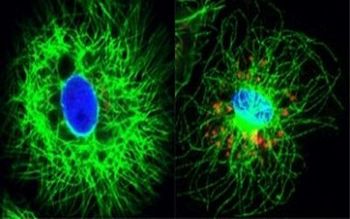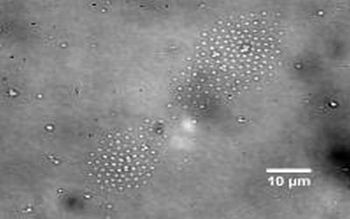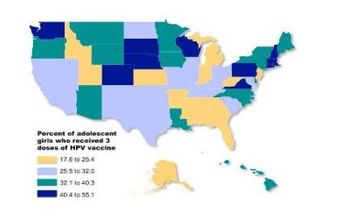
News



Scientists have discovered a gene that interferes with the clearance of hepatitis C virus infection. They also identified an inherited variant within this gene, Interferon Lambda 4 (IFNL4), that predicts how people respond to treatment for hepatitis C infection. The results of this study, by investigators at the National Cancer Institute (NCI), part of the NIH, and their collaborators at NIH and other institutions, were published online in Nature Genetics on Jan. 6, 2013.



Childrens ear infections cause more than pain and sleepless nights; they temporarily disrupt hearing when children are at a critical age for speech and language development. They also have major social and economic costs. But while infants and children receive immunizations against infections caused by Haemophilus influenzae and pneumococcus, there is no vaccine against Moraxella catarrhalis, an increasingly prevalent bacterium that causes at least 10 percent of otitis media cases.




Researchers have demonstrated a new technology that combines a laser and electric fields to create tiny centrifuge-like whirlpools to separate particles and microbes by size, a potential lab-on-a-chip system for medicine and research.









Researchers have discovered a new compound that restores the health of mice infected with methicillin-resistant Staphylococcus aureus (MRSA), an otherwise dangerous bacterial infection. The new compound targets an enzyme not found in human cells but which is essential to bacterial survival.






Influenza activity continues to increase in the United States and most of the country is now experiencing high levels of influenza-like-illness (ILI), according to the Centers for Disease Control and Prevention (CDC)'s latest FluView report.

Infection Control Today asked members of industry to describe the importance of patient involvement in hand hygiene and suggest some best practices for implementation into an existing hospital-based hand hygiene program.

The healing hands of a healthcare professional too often bear the risk of spreading infection while administering care. According to the Centers for Disease Control and Prevention (CDC), failure to engage in proper hand hygiene is the leading cause of healthcare-associated infections and the spread of multidrug-resistant organisms (MDROs), including vancomycin-resistant Enterococcus (VRE), methicillin-resistant Staphylococcus aureus (MRSA) and Clostridium difficile. Unfortunately, proper hand hygiene can be easily forgotten by busy healthcare workers. A study of 2,834 opportunities for hand hygiene found that hands were cleansed only 48 percent of the time, according to a World Health Organization (WHO) report (2009).

